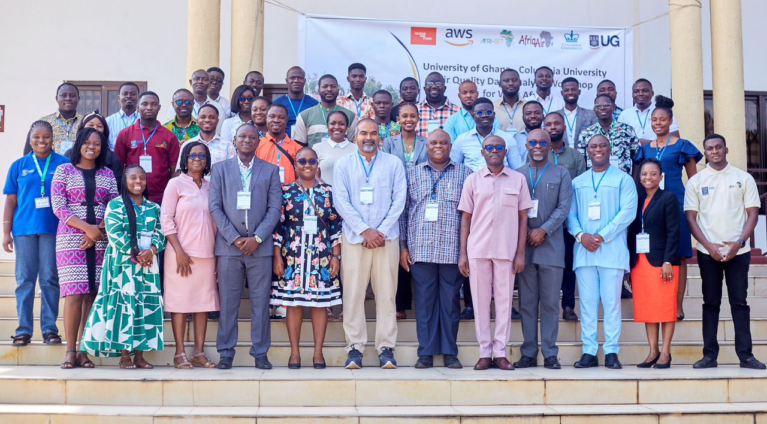In Accra, residents breathe polluted air every day. But what if the tools designed to measure that pollution are flawed? A recent study sheds light on how inaccurate sensors are undermining air quality control in West Africa.
Some sensors currently in use across the continent provide slightly different readings due to their design parameters not accounting for local environmental factors.
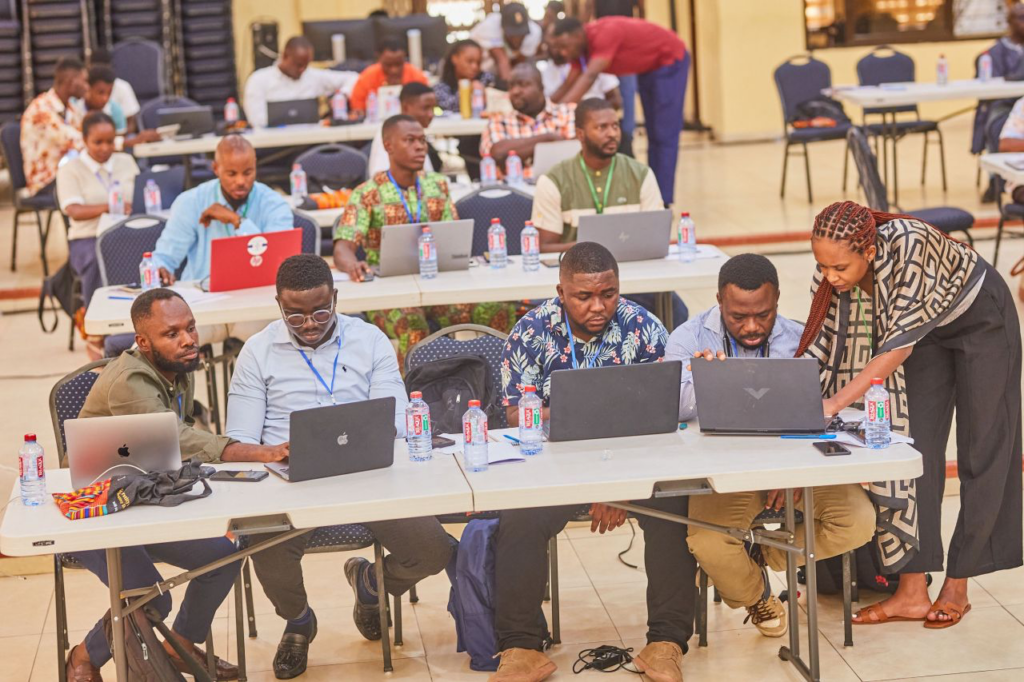
These discrepancies highlight that while low-cost sensors are promising, they are still not fully accurate for local conditions. This misalignment could lead to misleading data, making it harder to control pollution effectively.
Acting Dean for the School of Physical and Mathematical Sciences at the University of Ghana, Professor Kwabena Doku-Amponsah, says it is a big problem.
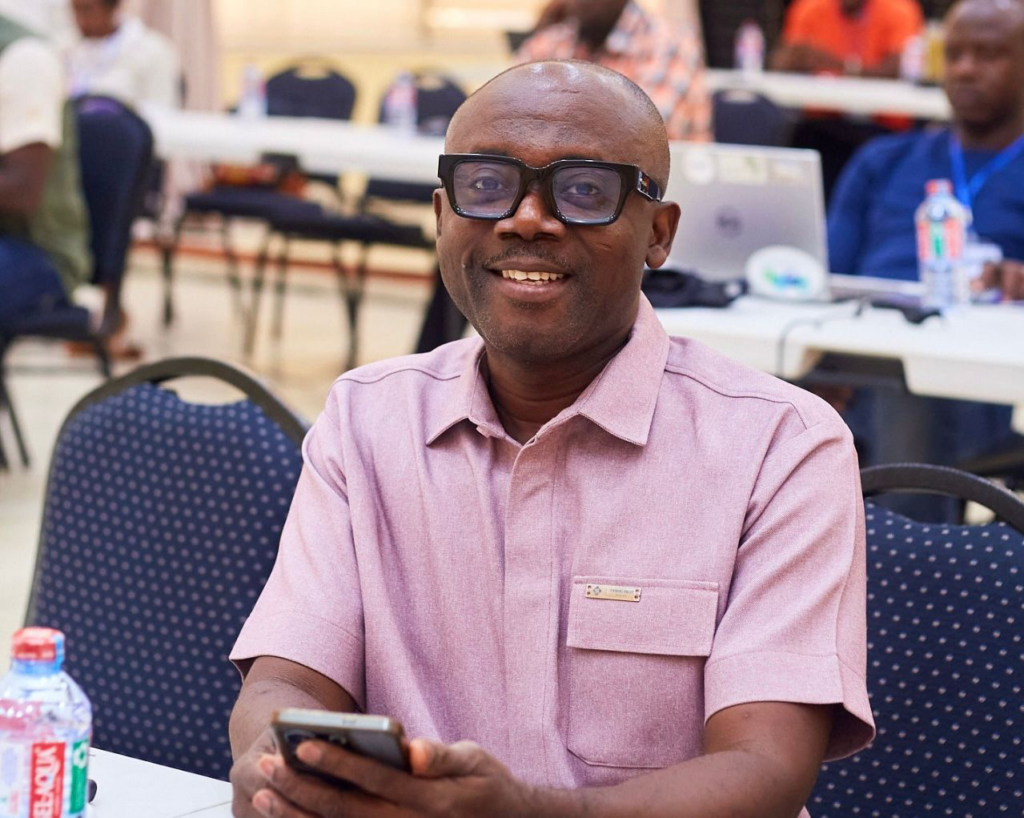
“Most of the models we are using in Africa, in particular, and the algorithms, they are usually designed for the Western world. And usually, the conditions that prevail there may not necessarily be the same as in Africa or Ghana.”
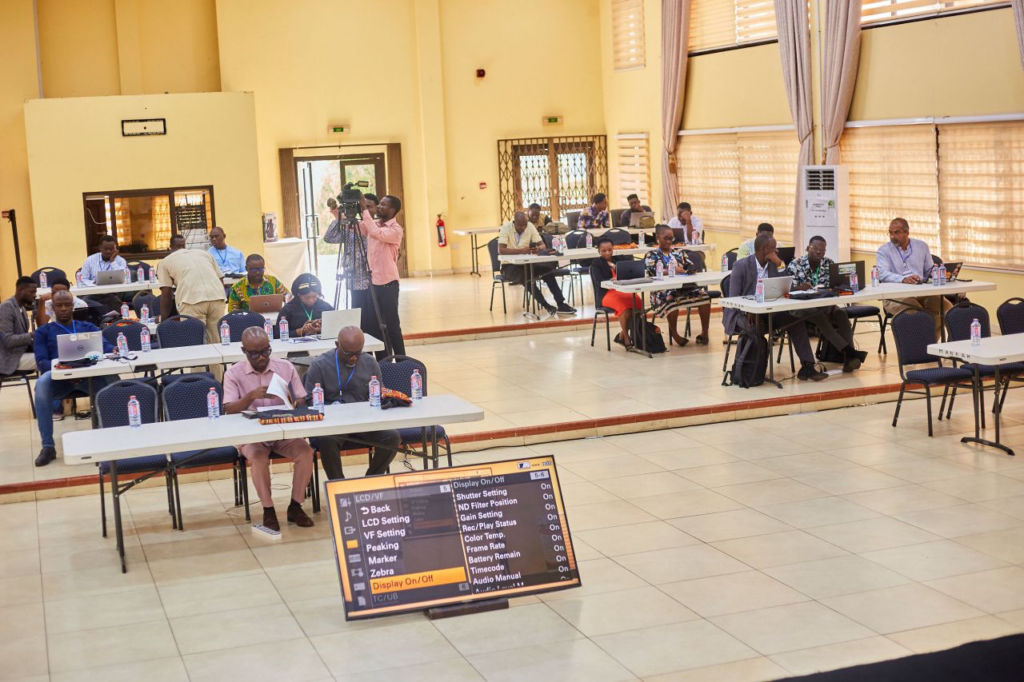
Professor Kwabena Doku-Amponsah believes careful programs must be introduced to salvage the situation.
“If we want to develop as Africans, then we should be able to develop the tools ourselves—tools that suit our environment and can solve our problems.”
To bridge this gap, the Air Quality Sensor Evaluation and Training Centre for West Africa (Afri-SET), is focused on developing local expertise.
The centre is offering specialised training to ensure professionals can effectively monitor and manage air quality data suited to the region's unique conditions.
Dr Allison Felix Hughes, Senior Lecturer at the University of Ghana's Department of Physics and Afri-SET's Facility Manager, emphasises the importance of tailored training.

“We intend to take them through the fundamentals of air quality monitoring and then after you monitor and you get the data, how to interpret the data, how to analyse it, how to visualise it because we realise that there is still a lack of skills.”
In collaboration with the University of Ghana and Columbia University, and supported by Amazon Web Services (AWS), Afri-SET organized a five-day Air Quality Data Analysis Workshop at the University of Ghana's Legon Main Campus.
The workshop featured experts from West and East Africa, India, and the U.S., covering topics such as:
- Hands-on low-cost air quality sensor assembly
- Cloud computing using AWS, data analysis, and visualization
- Correction factor development and regression analysis
- Air quality fundamentals and AQI calculations
- Satellite data retrieval and emissions inventory
Participants, like Taiwo Oluwafunmilayo Adegbaju from the University of Lagos, found the training invaluable:
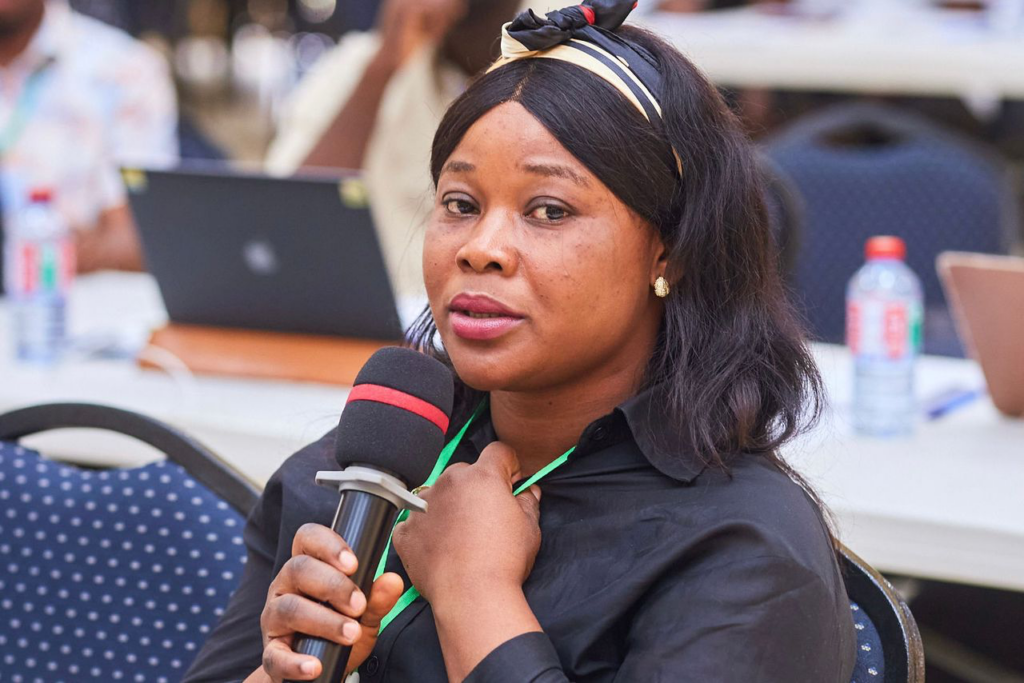
“I know obtaining data online, but when it comes to analyzing and visualising it, I need to learn more. Before, I had to use ChatGPT to generate code for data import, but the way it was taught here, I found it much more effective.”
Afri-SET's efforts aim to empower local professionals to develop and manage air quality monitoring systems suited to Africa's unique environments.
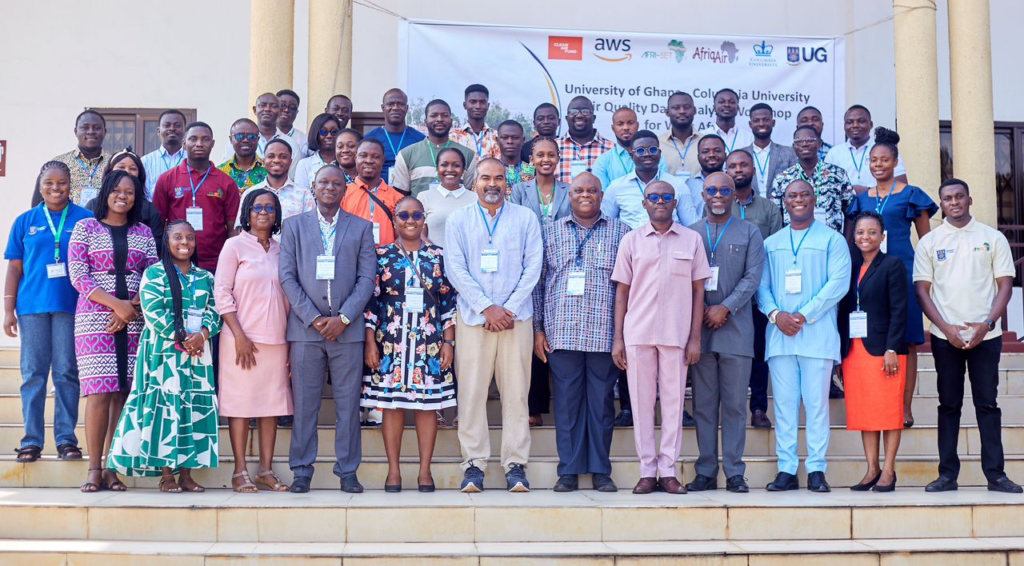
Dr. Hughes revealed that in the coming days, “We are going to launch this year, what we call the Air Quality Sensor Loan Library...We want to have sensors placed in areas where we have no monitors.”
Afri-SET's training programs and upcoming sensor loan projects are laying the groundwork for sustainable, localised solutions to air quality monitoring—solutions that could shape better policies and healthier communities across West Africa.
Latest Stories
-
Sudan’s ‘Report a Collaborator’ campaign raises alarms over ethnic abuses and Sham trials
1 minute -
I don’t trust the NDC, so we’re staying vigilant – Sammi Awuku
9 minutes -
Enhancing EDSA’s energy accountability and revenue protection for a sustainable power sector
14 minutes -
The role of pregnancy schools in reducing maternal mortality in Ghana
22 minutes -
24-Hour economy policy a major improvement on past fragmented initiatives – IMANI Africa
27 minutes -
BoG sets August 15 as deadline for Virtual Assets Service Providers registration
27 minutes -
Hawa Koomson assaulted as chaos erupts in Ablekuma North rerun
1 hour -
Justice Blay accuses former teammate Kwame Opoku of stealing his girlfriend
1 hour -
AU Anti-Corruption Day: Learners coached to be whistleblowers, to desist from corrupt acts
2 hours -
Police interdict officer seen assaulting reporter in viral video
2 hours -
Ablekuma North rerun: Journalist injured following policeman’s slap
2 hours -
Over 5,600 delegates expected at 2025 NPP national annual delegates’ conference
2 hours -
I hope to inspire Spurs to Champions League success – Mohammed Kudus
2 hours -
Accra to host launch of Global Africa Summit on July 18
2 hours -
Kudus admits Thomas Frank role in signing for Tottenham
2 hours

